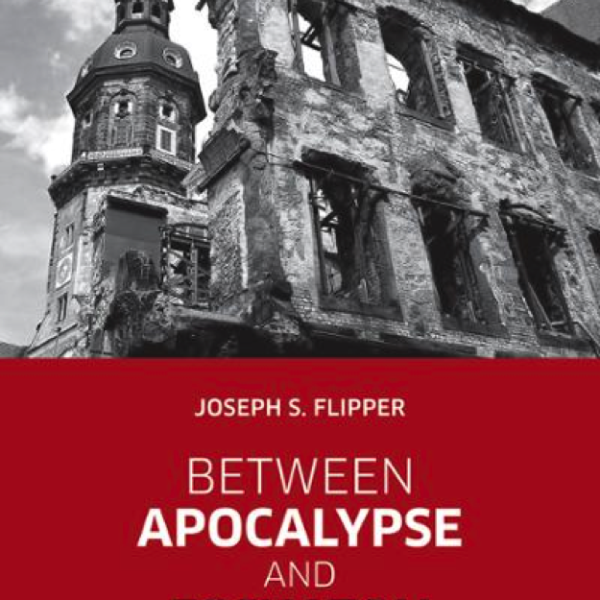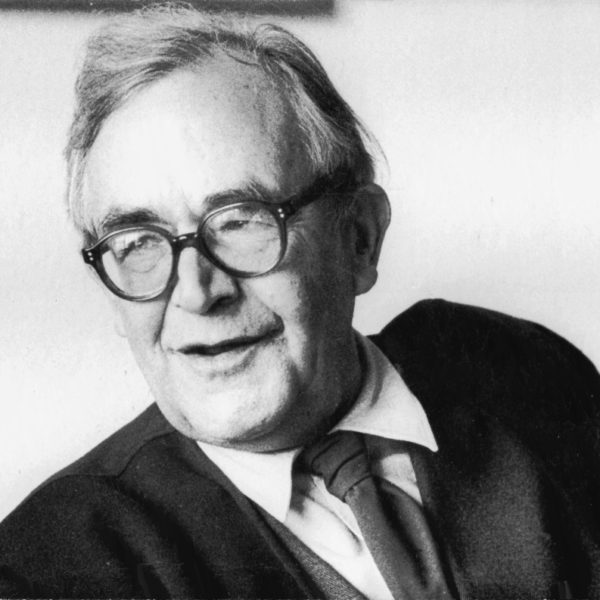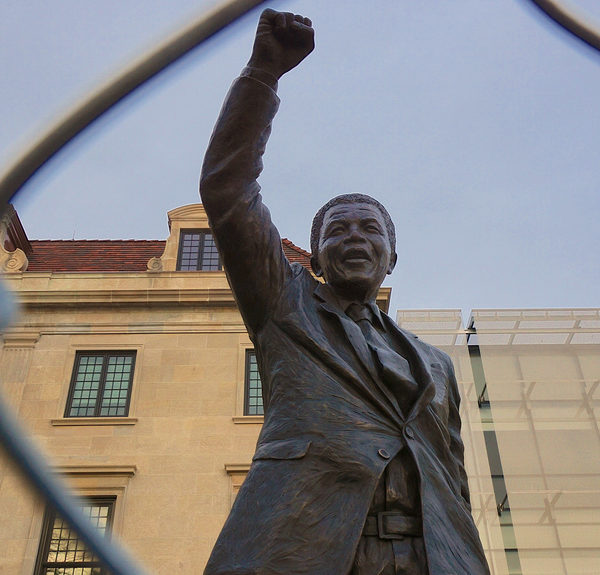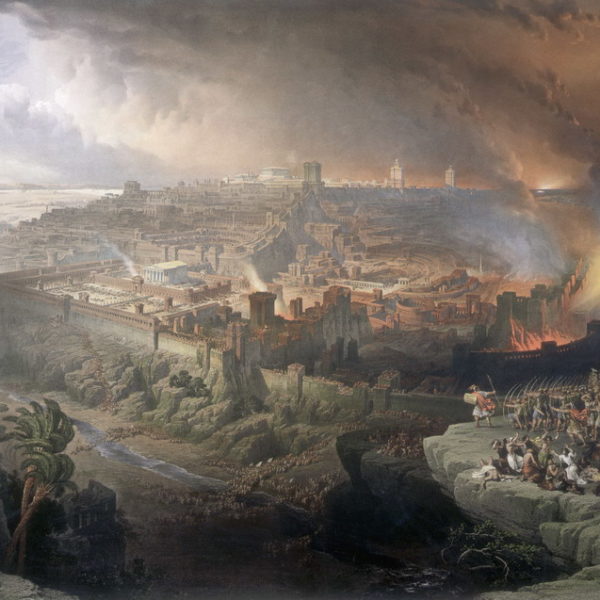
As a PhD student just starting my dissertation research I happened to meet the department chair of the theology department at a major Catholic university (my interlocutor and his university will remain anonymous). When he asked about my dissertation, I told him that I was researching Henri de Lubac. In a condescending voice he replied, “I didn’t realize anyone was still studying him.” I sheepishly responded, “Well, yes. Yes they are.”

Current crises across the Middle East and other war-torn locations demand careful consideration of war, just war theory, and other tenets of military interventionism. The Christian theologian faces a particularly daunting task in this respect because the eschatological principles of God’s kingdom appear contrary to what might be a faithful Christian ethic in the penultimate present.

One of the great paradoxes of John Calvin’s political theology can be captured in terms of two of the phrases the reformer used over and over throughout his writings. On the one hand, he emphasized, “the kingdom of Christ is spiritual.” On the other hand, through the kingdom of Christ God is bringing about the “restoration of the world.”

“Most politicians represent an interest group, a community of people who vote for them and whose interests they serve. Nelson Mandela was different; he represented a community that did not yet exist, a community he hoped would come into being.” —Rowan Williams

The state is in crisis in an increasingly globalized world. Christians are called to a post-Constantinian engagement with the political order, embodying an incarnational practice that engages with the local context of believers and an eschatological vision focused on the full flourishing of all humanity and all of creation.

